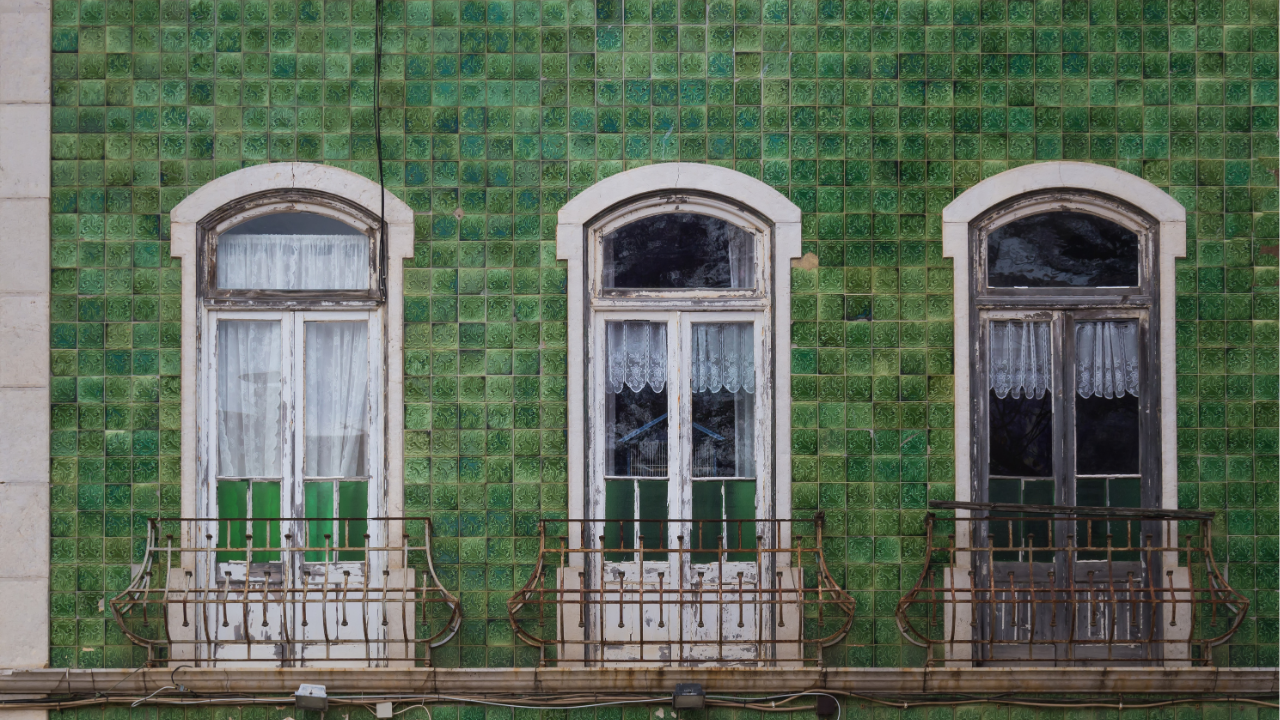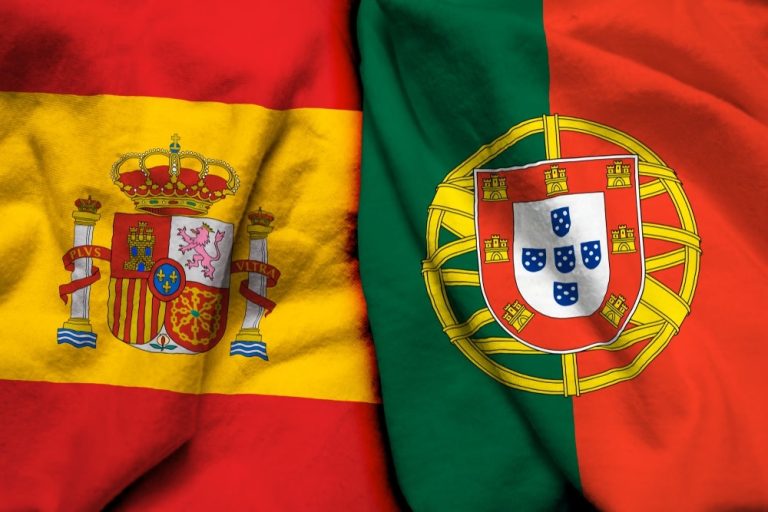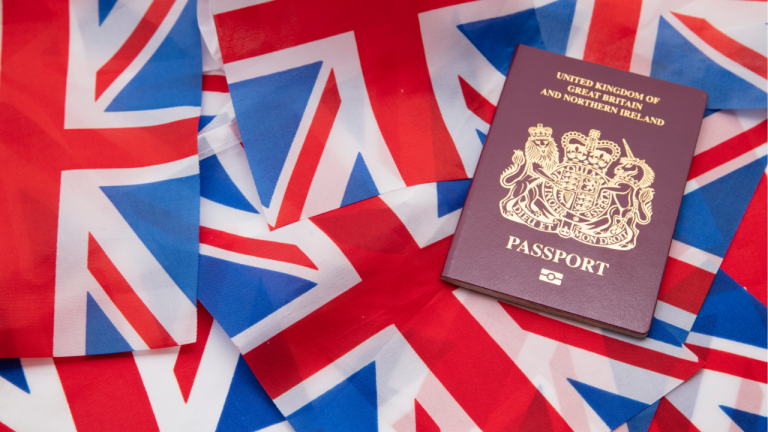Buying Property in Algarve as a Non-EU Citizen: Step-by-Step Guide
Can non-EU citizens buy property in Algarve? Yes — here’s your complete step-by-step guide for foreign buyers in 2025.
Introduction
Portugal is one of Europe’s most welcoming destinations for foreign property buyers — and the Algarve is its crown jewel. If you’re a non-EU citizen considering buying a home here, the good news is: it’s absolutely possible.
Whether you’re from the UK, US, Canada, Australia, or elsewhere, non-EU citizens can buy, own, rent, and enjoy property in Portugal freely. However, there are a few more legal steps and considerations than for EU citizens — especially if you plan to live here long-term.
This guide explains the exact process, including legal requirements, tax numbers, visas, and how to buy from abroad.

Step 1: Know Your Rights as a Non-EU Buyer
Portugal allows full property ownership by foreigners, including:
- Villas, apartments, land, and rural estates
- Freehold and long-term ownership
- Rental or personal use
You do not need to be a resident or citizen to buy property. However, you may need a visa if you plan to stay in Portugal longer than 90 days.
Step 2: Choose the Right Location in Algarve
As a non-EU buyer, you may visit Portugal only briefly before buying — or rely entirely on remote support.
Top Algarve areas to consider:
- Lagos – International community, historic charm, strong resale
- Vilamoura – Upscale, golf, marina, gated villas
- Tavira – Peaceful, authentic Portugal, great for retirement
- Albufeira / Carvoeiro – Holiday rentals, lively in-season
- East Algarve – Quieter, more value, closer to Spain
🔗 Related Reading: Best Places to Buy Property in Algarve
Step 3: Appoint a Portuguese Property Lawyer
This is essential for non-EU buyers, especially if you’re not in the country.
Your lawyer will:
- Obtain your NIF (tax number)
- Open your bank account
- Conduct due diligence (check ownership, debts, legality)
- Draft and review contracts
- Represent you via Power of Attorney if needed
Don’t use the seller’s lawyer or agent’s legal team — always hire your own.
Step 4: Get Your NIF (Tax ID)
To buy property, you must first obtain a Portuguese tax number (NIF).
This is your ID for all legal and financial matters in Portugal.
Your lawyer can obtain it for you remotely. It’s required for:
- Signing contracts
- Opening a bank account
- Paying property taxes
Step 5: Open a Portuguese Bank Account
You’ll need a local bank account for:
- Deposits
- Mortgage payments (if applicable)
- Paying property taxes and utilities
- Setting up insurance and services
Most banks now allow remote opening via lawyer or online appointment.
Step 6: Explore Visa Options (If Planning to Stay)
Buying property does not automatically grant residency.
But many buyers combine property purchases with one of these residency routes:
- D7 Visa – For retirees or passive income earners
- D8 / Digital Nomad Visa – For remote workers
- Golden Visa (GV) – No longer available for residential property in Algarve
- Tourist Stay (90 days in 180) – For part-time living only
Step 7: Decide How You’ll Purchase – In-Person or Remote?
You can:
- Travel to Algarve and visit properties yourself
- Use a buyer’s agent to handle the search and organize virtual tours
- Authorize your lawyer to complete the entire purchase remotely
Remote purchase is very common for non-EU buyers — especially from the US, UK, and Canada.
Step 8: Make an Offer & Sign the Promissory Contract (CPCV)
Once you’ve found a property:
- Your lawyer reviews the terms
- A CPCV (Contrato de Promessa de Compra e Venda) is signed
- A 10–30% deposit is paid
- Timeline, conditions, and contingencies are agreed
This contract is legally binding — make sure your lawyer approves every detail.
Step 9: Sign the Final Deed (Escritura)
The final contract is signed before a notary. This can be done:
- In person
- By your lawyer via Power of Attorney
Once completed:
- You become the legal owner
- All taxes and fees are settled
- The property is registered in your name
Step 10: Understand Taxes, Costs, and Currency Exchange
Expect to pay:
- IMT (Transfer Tax): 1–8% (based on value)
- Stamp Duty: 0.8%
- IMI (Annual Municipal Tax): ~0.3–0.5% of property value
- Legal + Notary Fees: ~1–2%
Currency Conversion Tip:
If you’re transferring funds from outside the Eurozone (e.g. USD or GBP), standard bank transfers can cost you thousands in hidden exchange rate margins. We can introduce you to trusted foreign exchange specialists who offer competitive rates, fast transfers, and better transparency — making the transaction far more cost-effective.
🔗 Related Reading: Costs and Taxes When Buying Property in Portugal
Final Thoughts
Buying property in the Algarve as a non-EU citizen is completely doable — but it’s important to have the right support.
By working with an independent lawyer, understanding visa options, and staying on top of timelines and legal steps, you can secure your ideal property in Portugal with confidence.
We Help Non-EU Buyers Purchase in Algarve — Stress-Free
While we also operate a licensed real estate agency, we offer a dedicated property search and advisory service for international buyers — handling everything from NIF setup and legal support to visit coordination and negotiations.
Whether you’re buying remotely or relocating permanently, we can simplify the entire process and ensure you’re represented with transparency and professionalism.
FAQs
Yes, non-EU citizens can buy property in Portugal without any restrictions. You have the same rights as locals when it comes to ownership — whether it’s an apartment, villa, or plot of land. You don’t need to be a resident or citizen to purchase real estate, and many non-EU nationals successfully invest or relocate to Portugal every year.
No, purchasing property does not require a visa or residency status. However, if you intend to stay in Portugal for more than 90 days in any 180-day period, you’ll need to apply for a suitable residency visa, such as the D7 (passive income) or D8 (digital nomad). Owning a home may support your visa application, but it is not sufficient on its own.
Yes, many non-EU buyers complete the entire transaction from abroad using a Portuguese lawyer with Power of Attorney. Your lawyer can handle everything — obtaining your NIF, opening a bank account, reviewing contracts, and signing the final deed. Remote purchases are especially common among US, UK, and Canadian buyers.
Yes, you’re allowed to rent out your property in Portugal as a non-resident. If you plan to offer short-term holiday rentals (Airbnb-style), you’ll need to apply for an AL (Alojamento Local) license with the local council. For long-term rentals, no license is needed, but you may need a fiscal representative for tax reporting.
The purchase taxes and fees are the same for non-EU and local buyers. You’ll pay IMT (transfer tax), stamp duty, legal and notary fees, and annual IMI property tax. Additionally, you should budget for potential costs like currency exchange, international transfers, legal power of attorney, and translation services if needed.
No, Portuguese is not required to complete a property purchase. Most lawyers, notaries, and agents working with foreign buyers speak English. However, contracts are in Portuguese by default, so it’s essential to have a lawyer who can review or translate documents clearly. We work with bilingual professionals who ensure nothing is lost in translation.
Yes — we have long-standing relationships with experienced, independent Portuguese property lawyers who specialize in helping international buyers. We only recommend professionals we’ve worked with directly and who understand the specific needs of non-EU clients.
Many non-EU buyers overpay in currency fees without realizing it. We can introduce you to specialist currency exchange providers who offer better rates and lower fees than traditional banks — especially useful for large transfers like property deposits and final payments.
Yes, beyond the purchase, we can help connect you with utility setup services, renovation teams, insurance providers, and local contacts. While we’re not a relocation company, we aim to make your Algarve transition smooth and stress-free.





